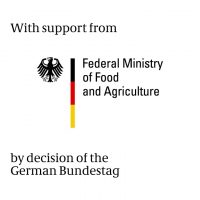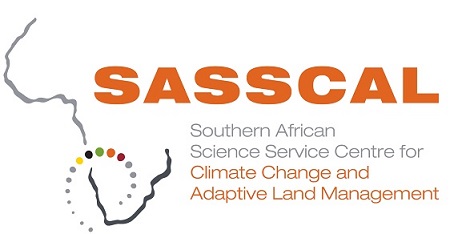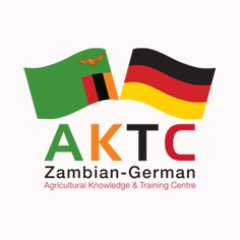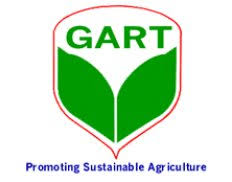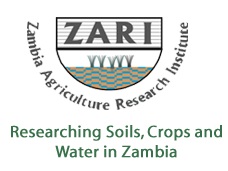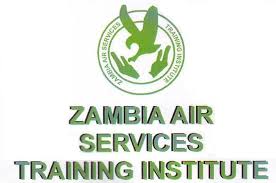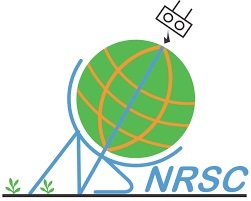The Innovative Technologies to Improve Climate Resilience in the Zambian Agricultural Sector (InTeCRes) project is part of the German Bilateral Cooperation Programme funded by the German Federal Ministry of Food and Agriculture (BMEL). The project is being implemented by the Southern African Science Service Centre for Climate Change and Adaptive Land Management (SASSCAL), as the coordinating partner, in collaboration with the Agricultural Knowledge and Training Centre (AKTC), Golden Valley Agricultural Research Trust (GART), National Remote Sensing Centre (NRSC), Stellenbosch University (SUN), Zambia Agricultural Research Institute (ZARI), Zambia Air Services Training Institute (ZASTI) and Zambia Meteorological Department (ZMD). The implementation of the project is overseen and supported by the GFA Consulting Group GmbH as the general agent acting on behalf of BMEL. The project activities are hosted by AKTC at the GART Chaloshi Farm in Chisamba.

Focus area
to build capacity of emergent farmers in the utilisation of novel and innovative technologies to improve crop productivity and farm management in the face of climate change
Objectives
1
to strengthen Zambia’s vulnerable agricultural sector by building scientific and technical capacities in the application of innovative technologies for improved crop production and farm management under climate change conditions
2
to build the capacity of emergent farmers to use precise soil scanning equipment and drone technology for crop and drought monitoring and efficient farm management under climate change conditions
Approach
The project will be implemented in three phases:
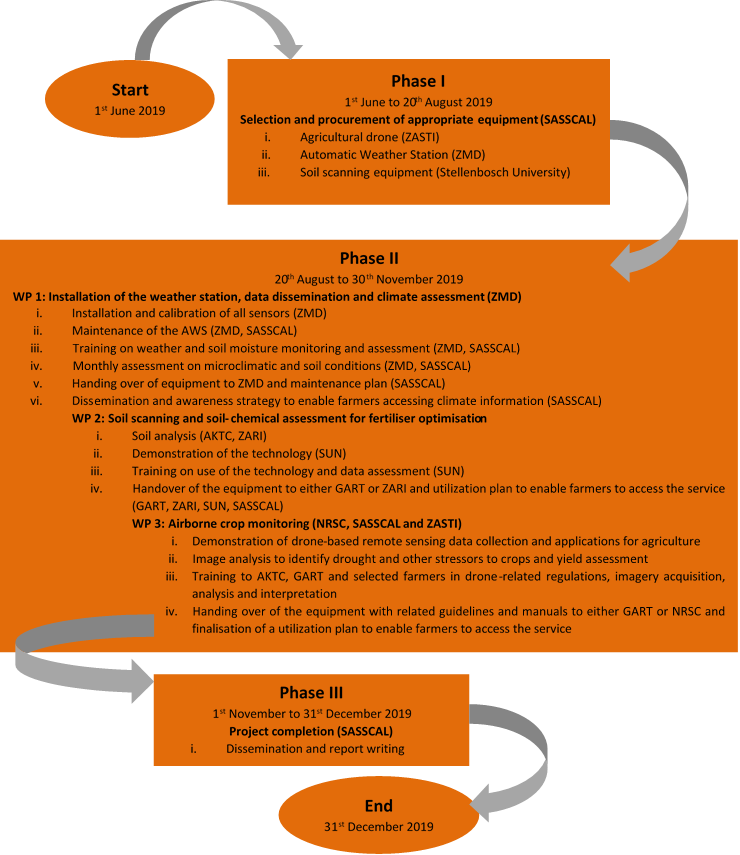 Phase 1
Phase 1
The first phase commenced on 1 June 2019. This phase includes the procurement of the drone, soil sensing equipment and the installation of an automatic weather station.
Phase 2
The second phase will comprise of the following three work packages:
- WP1: Installation of the weather station, data dissemination and climate assessment.
- WP2: Soil scanning and soil-chemical assessment for fertiliser optimisation.
- WP3: Airborne crop monitoring
The automatic weather station data will allow for monthly assessments of weather conditions and will further be used to assess and document soil, water and microclimatic conditions during days of farm activities.
The automatic weather station data will be made available via the SASSCAL WeatherNet. Weather information will be disseminated to farmers and awareness will be raised amongst farmers to strengthen their access to weather information.
Soil scanning technology will be introduced to farmers from the region, to demonstrate its potential for improving fertiliser applications. Field scale characterisation will be demonstrated under both rainfed and irrigated growing conditions and will include training and demonstration on use of soil scanning equipment.
Phase 3
Training will be provided to technical staff and selected farmers in flying of drones and data acquisition.
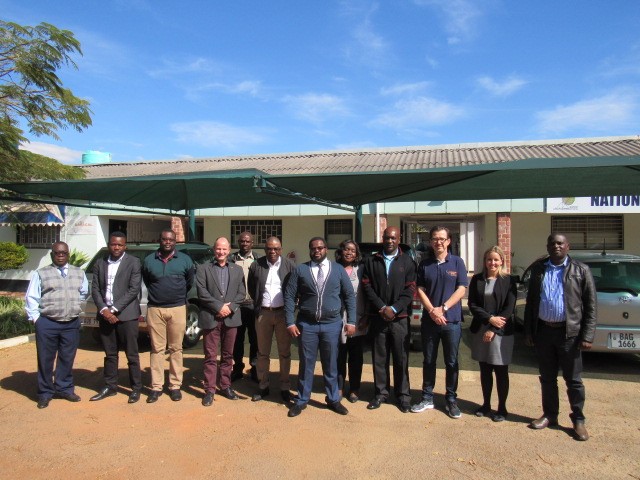
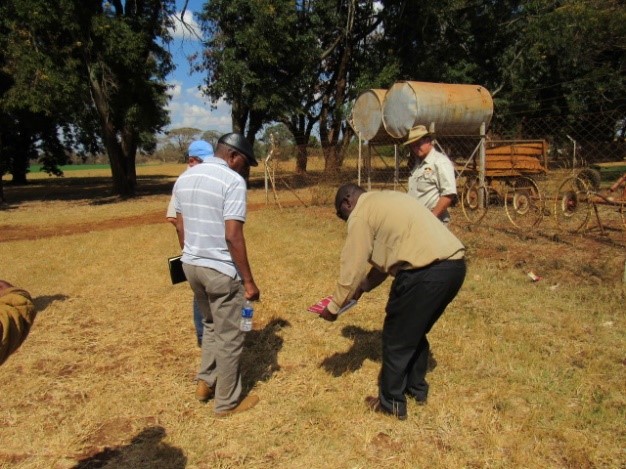
(left) InTeCRes Project Team after the Inception Meeting (right) InTeCRes Project Team during the AWS site selection at AKTC



